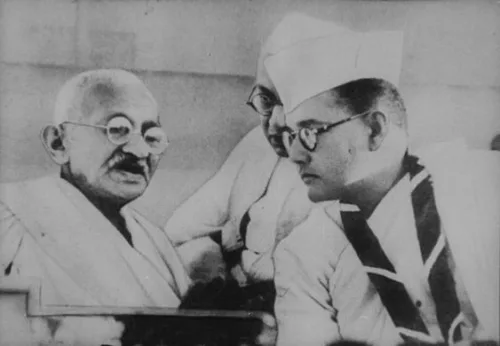In a surprising turn of events, UK Prime Minister Rishi Sunak’s tweet on December 4 announcing radical action to reduce immigration has sparked concerns among Indian students aspiring to study or already pursuing education in the United Kingdom.
This unexpected move, coupled with similar trends in Canada and Australia, has raised eyebrows within the Indian student community, especially given Prime Minister Sunak’s Indian heritage.
Dreams on Hold: The Chill of Uncertainty
The UK, once a beacon of academic opportunity, now feels like a maze with shifting walls. Visa bans on bringing families, restrictions on switching to work visas—it’s enough to make you question if that acceptance letter holds a one-way ticket to stress the city. But trust me, you’re not alone on this academic rollercoaster.
A Booming Student Hub: Where Did We Go Wrong?
Remember when the UK was practically drowning in applications from us brainy Indians?
We were like the spice to their academic curry, adding flavor and diversity. In 2022, over 623,000 study visas were issued, and guess what? Indians topped the charts, snagging one-third of all sponsored study grants! So, what changed?
Growth in Student Visas and the MAC Report:
The Migration Advisory Committee (MAC) reported in 2018 that over 750,000 students head to the UK annually for higher education, independent study, language courses, and groundbreaking research.
Since then, the number of student visas issued has seen a substantial rise, reaching 623,700 in 2022, as per the latest MAC report. However, with the recent policy shift, the trajectory of this growth is under scrutiny.
Indian Students and UK Student Visas:
Specifically looking at Indian-related data, June 2023 saw a significant spike in student visas granted to Indian nationals, reaching 1,42,848—a 54% increase compared to June 2022.
Indian students accounted for one-third of total sponsored study grants, making them the highest among all nationalities, according to a report by the Home Office, Government of the UK
Rishi Sunak’s Ban on Families and Visa Route Changes:
Rishi Sunak’s recent announcements include a ban on overseas students bringing their families to the UK, except those pursuing postgraduate research degrees. Further, international students can’t switch from student visas to work, until they complete their studies.
These changes came into effect in January 2024, creating additional challenges for those eyeing post-study work opportunities.
Impact on Master’s Degrees and Family Dependents:
The one-year Master’s degree, a popular choice among international students, particularly Indians, is facing a setback due to the ban on bringing family or spouses to the UK. This shift in policy has prompted concerns about the potential loss of high-quality master’s students, with implications for top-tier institutions like the University of Birmingham and the London Business School.
Stay informed and Adaptable
Keep your eyes peeled for updates, explore alternative destinations, and remember, your academic dreams are worth fighting for.
The UK might be throwing some curveballs, but hey, we Indians are used to hitting sixes, even off the trickiest pitches. Keep your spirits high, your study plans flexible, and who knows, maybe the next tweet from Sunak will bring sunshine back to your academic dreamscape!
Conclusion:
As the UK undergoes significant shifts in immigration policies, the Indian student community faces a challenging landscape. The tightened rules, especially concerning family dependents and post-study work opportunities, have left many students uncertain about their plans. The journey ahead for Indian students pursuing their dreams in the UK remains uncertain, and only time will reveal the true consequences of these radical immigration policy changes.




One thought on “Changes in UK Student Immigration Policies: A Concern for Indian Students”